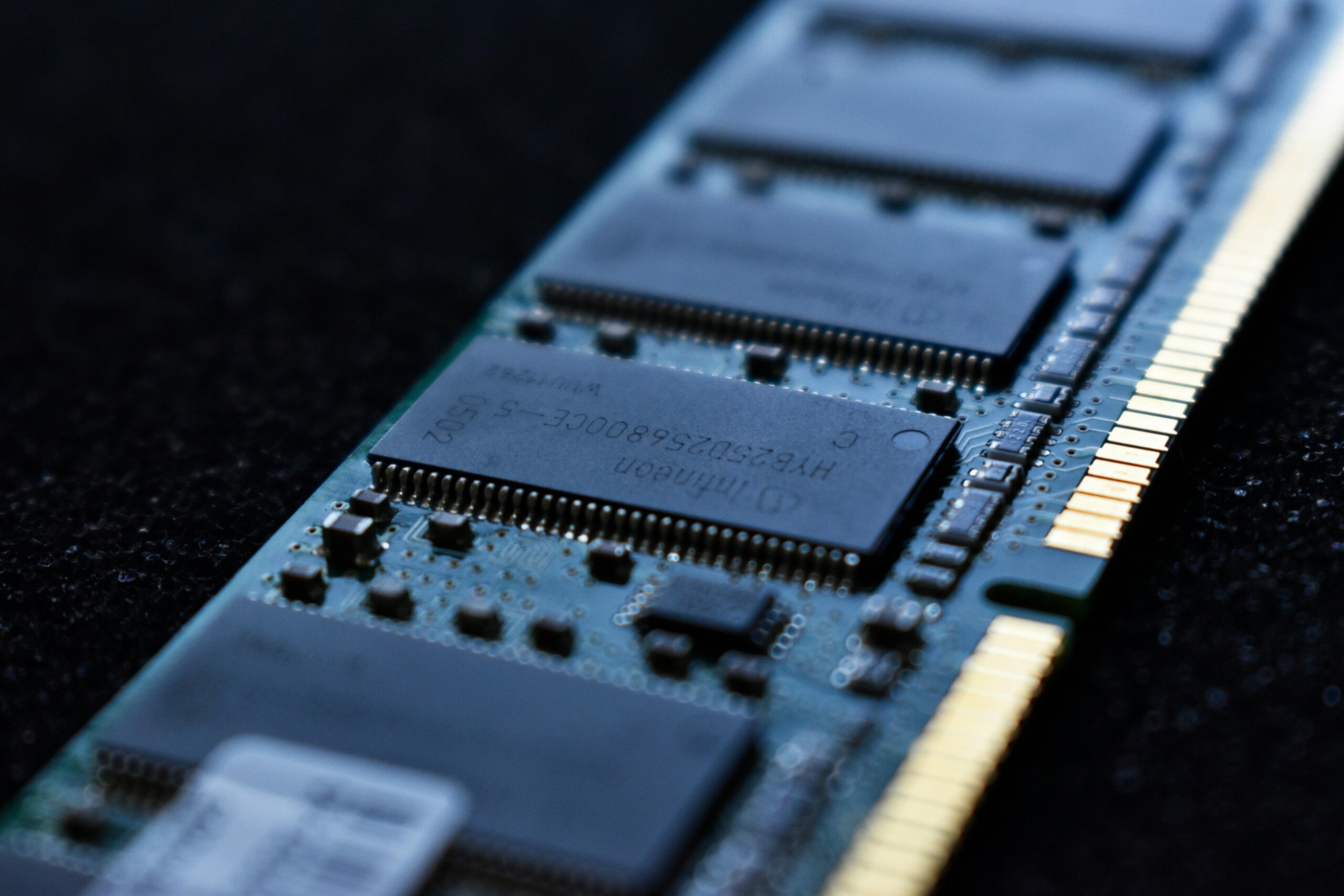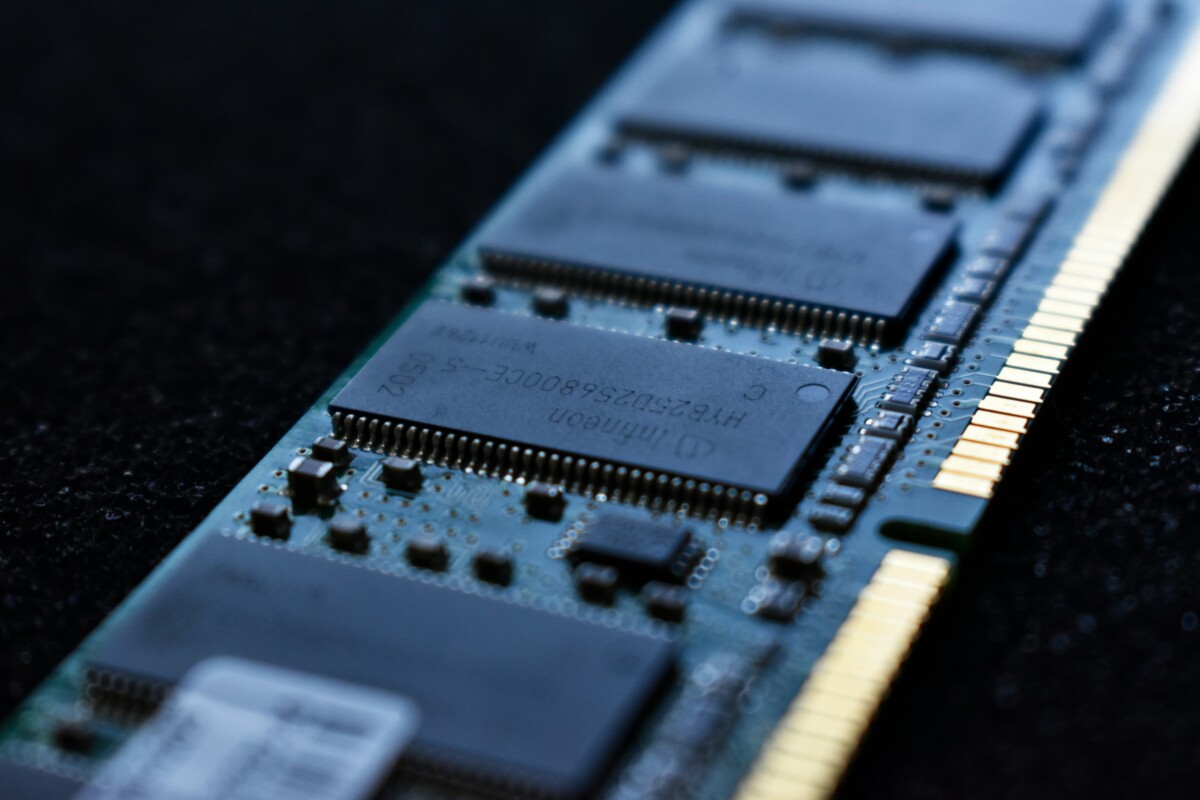
Here's the configuration Microsoft may require
Do you think you have a computer designed to perform AI calculations? This is definitely not the case. Microsoft may need more powerful configurations, with dedicated chips for artificial intelligence.
Remember that when Windows 11 launched in 2021, Microsoft introduced hardware requirements that made many older PCs obsolete.
By integrating Copilot and AI features into Windows, hardware requirements are expected to increase further.
At least 16 GB of RAM
according to Trend FoxMicrosoft expects that AI-ready computers will need toAt least 16 GB of RAM. According to them, this will also lead to a significant increase in DRAM module sales.
But at the heart of this transformation lies the need for more efficient processors. AMD, Intel, Qualcomm… are already on the scene, with CPUs capable of efficiently handling AI tasks. These will be equipped with new processorsNeural processor (NPU)which is already a standard component in smartphones, is designed specifically for artificial intelligence calculations.
This technology will only be available in future generations of processors from Intel and AMD. Therefore, the majority of users will likely not initially have access to computers compatible with native AI according to the standards set by Microsoft.
40pcs, LPDDR5X…
Trendfocus states that Microsoft requires a minimum computing capacity of 40 TOPS (tera operations per second) for these tasks.
Intel's Meteor Lake launched in December 2023 with a combined CPU + GPU + NPU power of 34 TOPS, which is not up to Microsoft's standards.
Chips like Intel's Lunar Lake, AMD's Strix Point (Ryzen 8000), or Qualcomm's upcoming Snapdragon The latter, in particular, could represent a shift in the historically limited use of ARM on Windows.
Among other requirements, it could also be support for LPDDR5x RAM. This new generation of memory can operate at higher clock speeds (e.g., 7500MHz vs. 4800MHz), which is another important factor for real-time AI calculations.
Windows 12 will be a requirement
The focus here is on processing and calculations performed locally on devices, not in the cloud. It is important to note that the emergence of next-generation computers is not a sine qua non for the development of artificial intelligence. I noticed that.
Rather, it represents a way to perform these AI tasks directly on the device, an option that coincides with the potential commercialization of new computer models. Which should please Microsoft partners.
What's interesting here is that this seems to lead us directly to that Windows 12. Microsoft's next operating system will focus on AI integration.

“Incurable web evangelist. Hipster-friendly gamer. Award-winning entrepreneur. Falls down a lot.”

